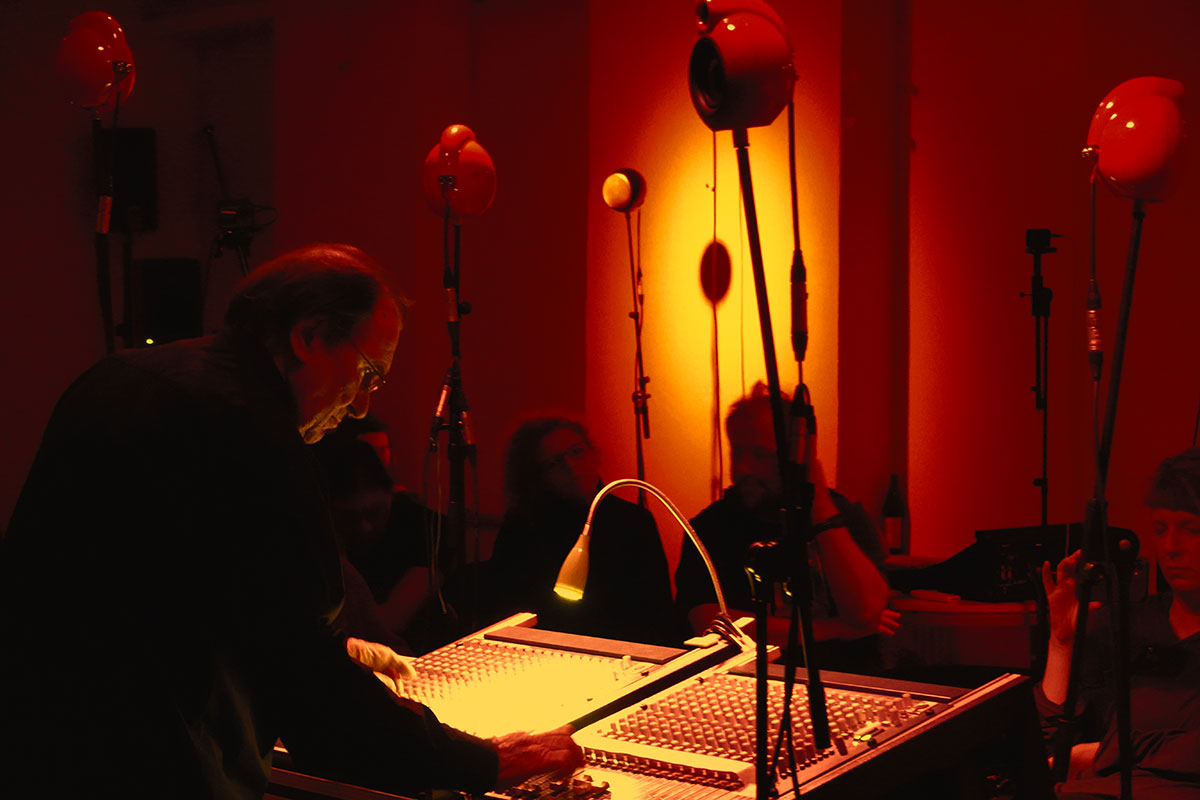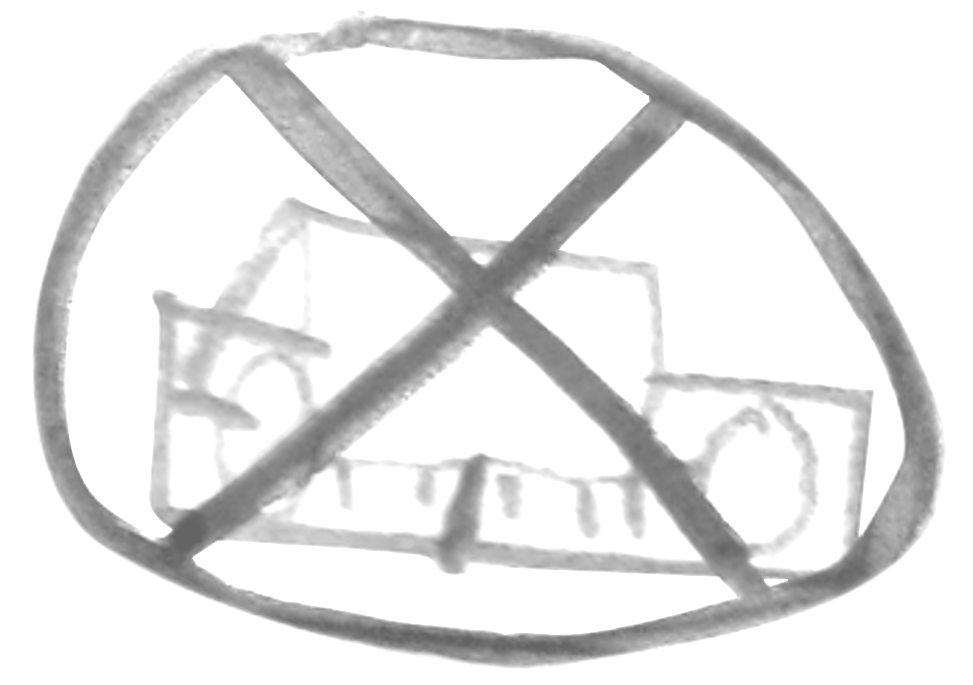FLOATING SOUND GALLERY
Vienna
Christian Eloy
Composer, curator, teacher
photo Alisa Beck
| Christian
Eloy (1945, Amiens, France) is a French composer who studied flute at
the Conservatoire national de région in Amiens, then furthermore at the
Conservatoire national supérieur de musique (CNSM) in Paris. He taught electro-acoustic composition at the Conservatoire national de région in Bordeaux. He worked within the electro-acoustic music assisted by computer workshop of the Groupe de recherches musicales (GRM) and at city of Paris. Also, he was teaching musicology in the universities of Bordeaux I & Bordeaux III. He's the founding member of composer's association Octandre and he director of the Studio de création et de recherche en informatique musicale électroacoustique (SCRIME) at the University of Bordeaux 1. COMPOSITIONS Fold-in, 8’10 performed at ACOUSMONIUM 2024 in echoraum / Vienna Acousmatic piece – dedicated to Ying-Chien Wang, highly talented ehru performer Commissioned by Taiwan Music Institute and TPMC for International Taiwan Music Festival 2017 Fold-in is an acousmatic piece whose sounds come entirely from this instrument, very popular in Asia: th erhu, sometimes called the Chinese violin. During the sound recordings, some characters of the instrument immediately asserted themselves: a ver active tone, huge energy, a very marked timbre, a very long and intense sustain of the bow, a wide registe of dynamics and highly varied play modes. The reverse side of these strong characters is that here we have a highly identifiable instrument sometimes connoted, whose genes are perceptible in all the manipulations. The fold-in refers to techniques used in literature, with permutations, by William S. Burroughs and Bria Gysin in the years 1950 to 1960, whose work The Third Mind combines these different experiences. These techniques naturally bring to mind the techniques for editing concrete music in its beginnings, then for editing electroacoustic music with the development of a true language arising from these elementary manipulations; the different experiences with collective works and exquisite cadavers practised in the nineteen sixties by French experimental studios will also be remembered (GRM, GMEB). I have therefore retained these strong characters of the erhu (tone, sostenuto, timbre, pizzicato etc.), eeping the morphologies, the “allure“ and other Schaefferian criteria, in order then to construct the discourse in a relatively simplicity of editing and mixing, including processes similar to fold-in. Thank you to Ying-Chien, for these precious sounds. Random Access Memory, 1998, 5’ L’estran (The strand), 1998, 12’ Eneyida, 2022, 08’30 Le Chant du bollard (The song of bollard), 2007, 12’ La cicatrice d’Ulysse (The scar of Ulysses), 2015, 13’ Blue rest, 2023, 10’ |
